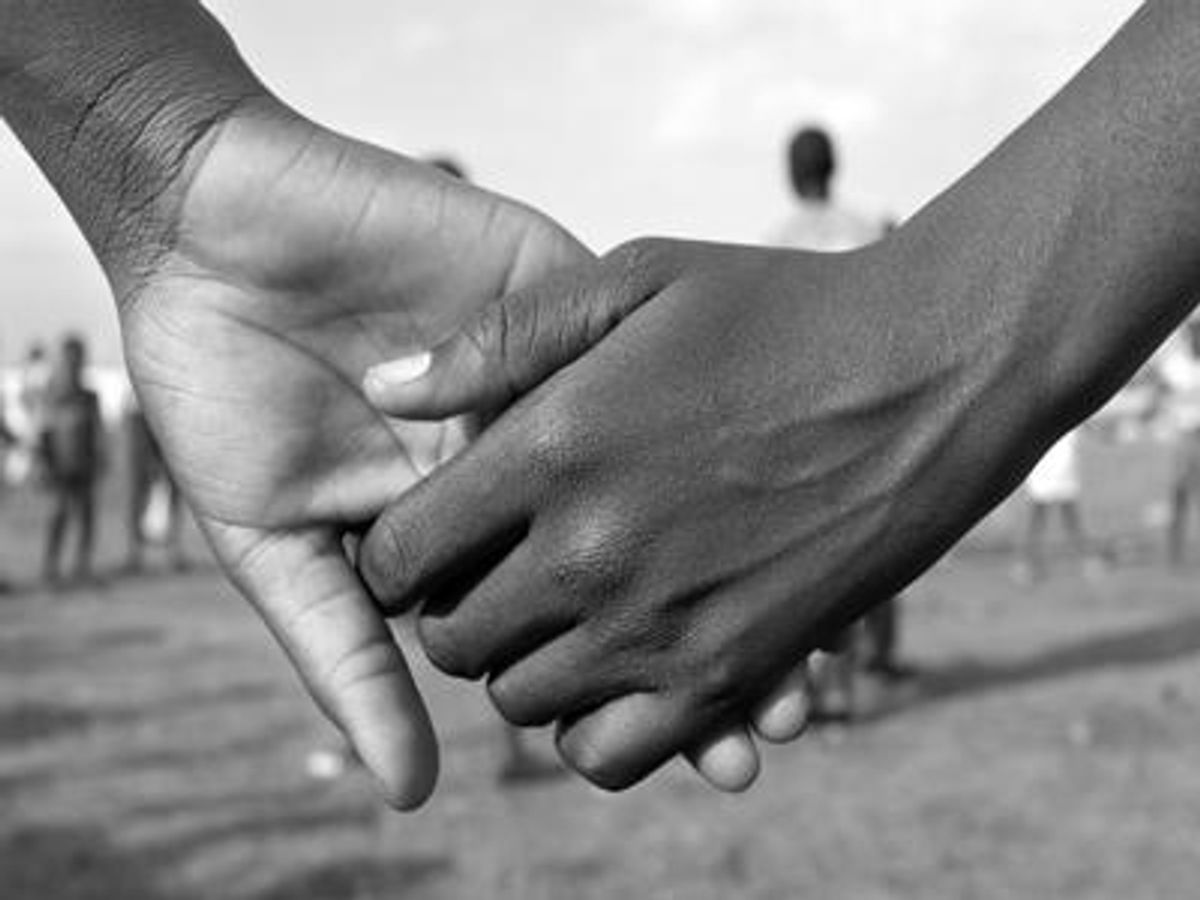The protagonist of the 1998 film How Stella Got Her Groove Back was urged to use a condom while vacationing in Jamaica because “those people have a history with AIDS.” Another character corrects her: “No, that’s Haiti.”
That stigma has been with Haiti for 30 years now. On March 4, 1983, the U.S. Centers for Disease Control listed Haitians as one of the four “high-risk” groups for AIDS. With a relatively high number of cases among recent Haitian immigrants, the CDC warned, “Physicians who care for Haitian patients should be aware that opportunistic infections may occur in this population.” The federal designation singled out Haitians as the only ethnic group believed to be inherently susceptible to the then-mysterious disease. As such, they became members of the notorious “4-H” club that also included homosexuals, heroin users, and hemophiliacs.
This sparked a new wave of discrimination. Many people of Haitian descent were fired or denied employment, housing, and admission to school. Immigrants played a critical role in the grassroots movements that combated HIV and AIDS. Activists cried racism and pseudo-science as the impetus for the designation. Meanwhile, many others shifted the conversation to other plagues that affected Haitian communities: poverty, malnutrition, unemployment, and discrimination.
All this manifested in a major rally April 20, 1990. An estimated 80,000 people marched across the Brooklyn Bridge to protest the Food and Drug Administration recommendation that anyone from Haiti and sub-Saharan Africa, regardless of how long they had lived in America, be barred from donating blood.
Removing the stains of this decision has not come easy. The CDC officially maintained that Haitians constituted a “high-risk” group for HIV and AIDS until May 1985. By then, Haiti’s tourism industry had been severely crippled. In the early 1990s the U.S. began to quarantine Haitian migrants—many of whom were infected with HIV—at the Guantánamo Bay naval base in Cuba. The practice didn’t end until 1993.
One of the solutions to preventing new infections today can be found in this tragic stigma hastily articulated 30 years ago. The data and figures that seemed to suggest Haitians were distinctly prone to the disease had overlooked longer histories of imperialism, poverty, and exploitation. Those factors, which continue to contribute to HIV rates around the world, should be associated with HIV, not an entire nation’s people.




































































